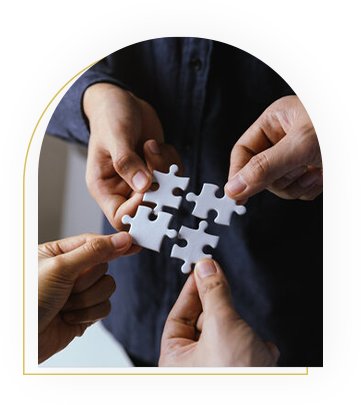Sandeep as a Leadership Development Expert
The best leader behaviours depend on the context in which they are executed and evaluated.
As leaders work in the increasingly Volatile, Uncertain, Complex, and Ambiguous (VUCA) world, they need to strengthen their skills and abilities continuously. My approach to leadership development is guided by a focus on individualized development and feedback (paired with coaching), with an unwavering emphasis on practical learning and the ability to apply insights on the job.
Each program is customized to your industry and organizational context. Three versions are available for Executives, People Leaders, and Individual Contributors and can be facilitated virtually and in person. Each program is measured for its effectiveness and impact.






